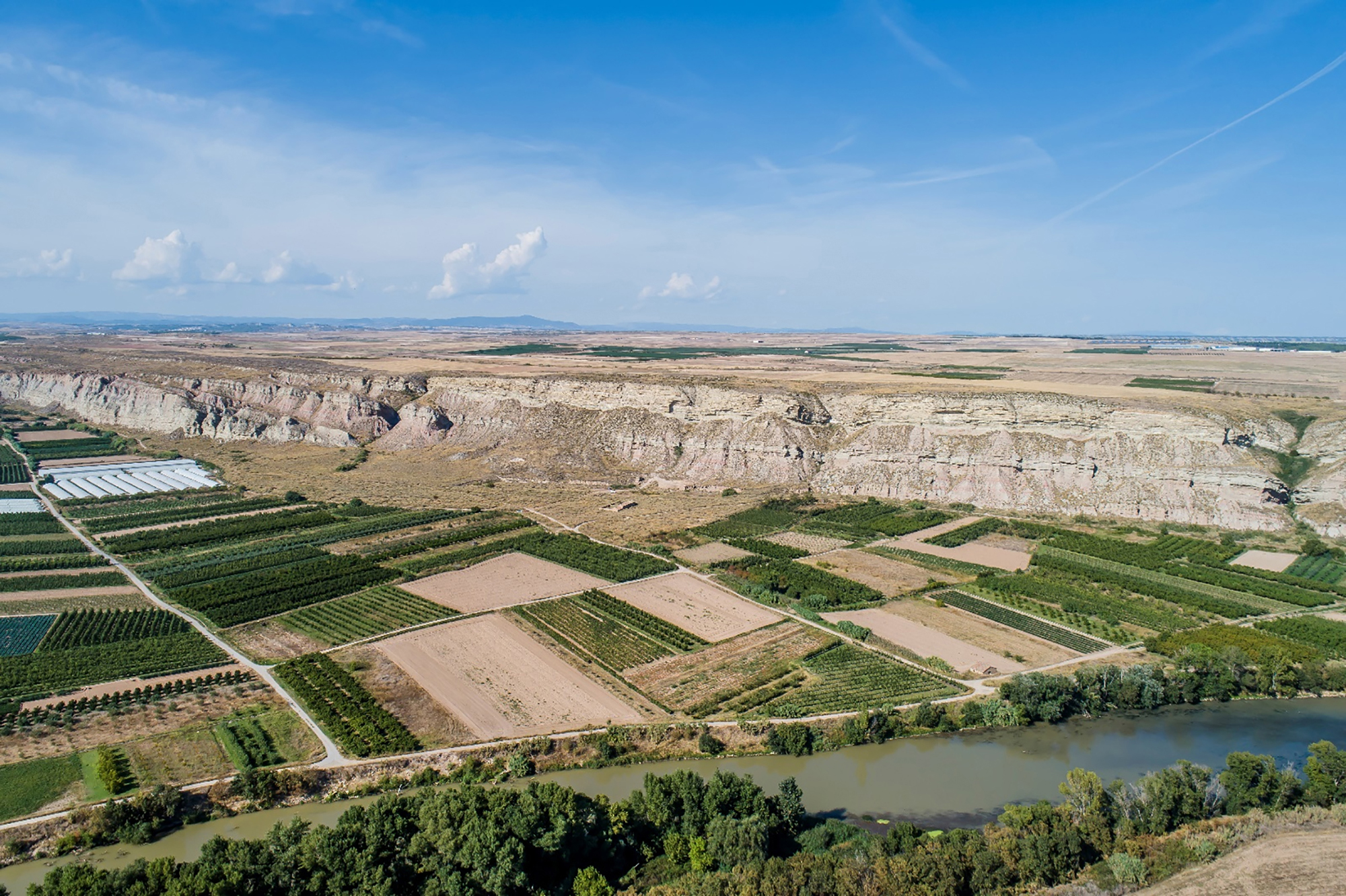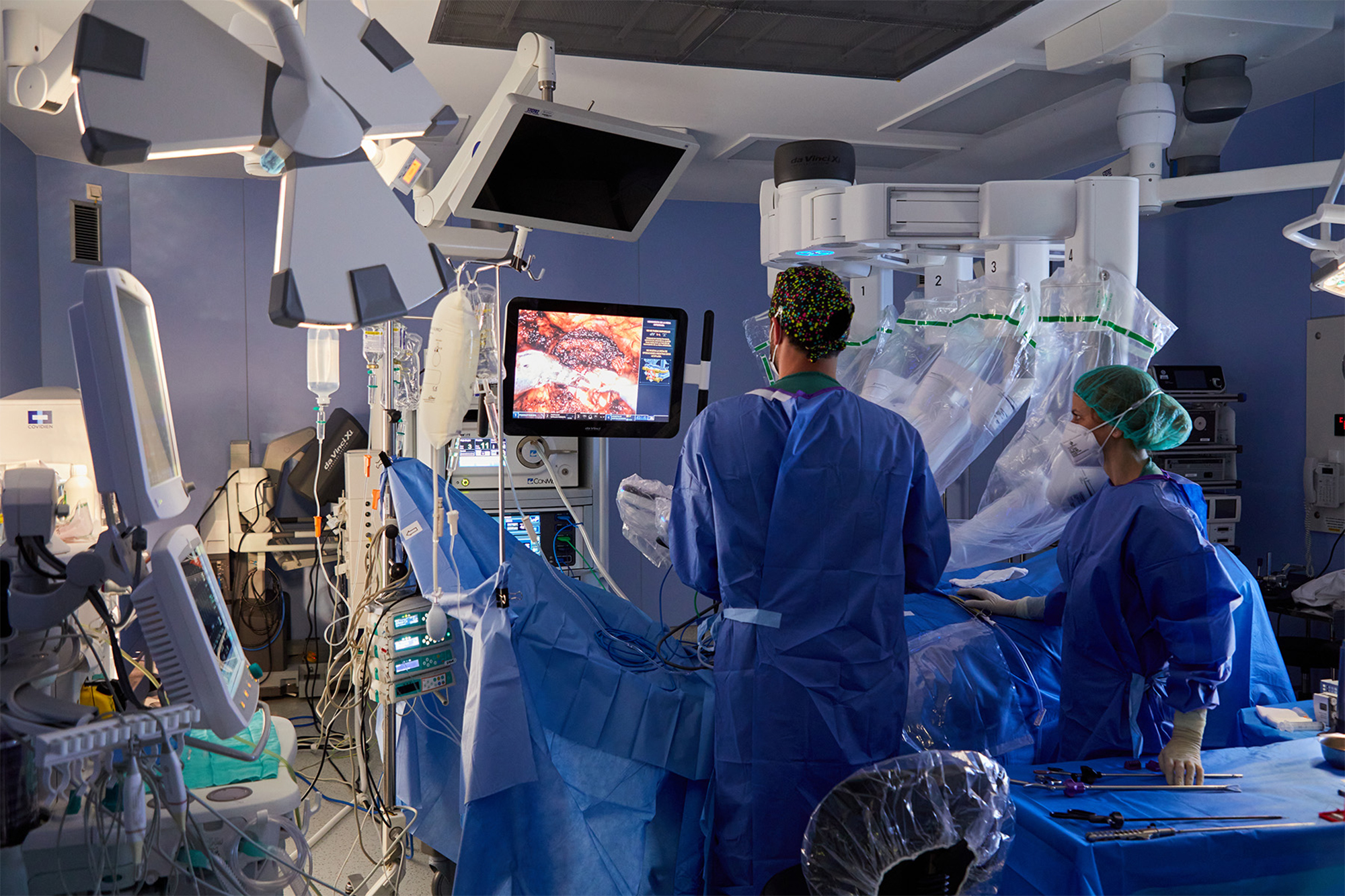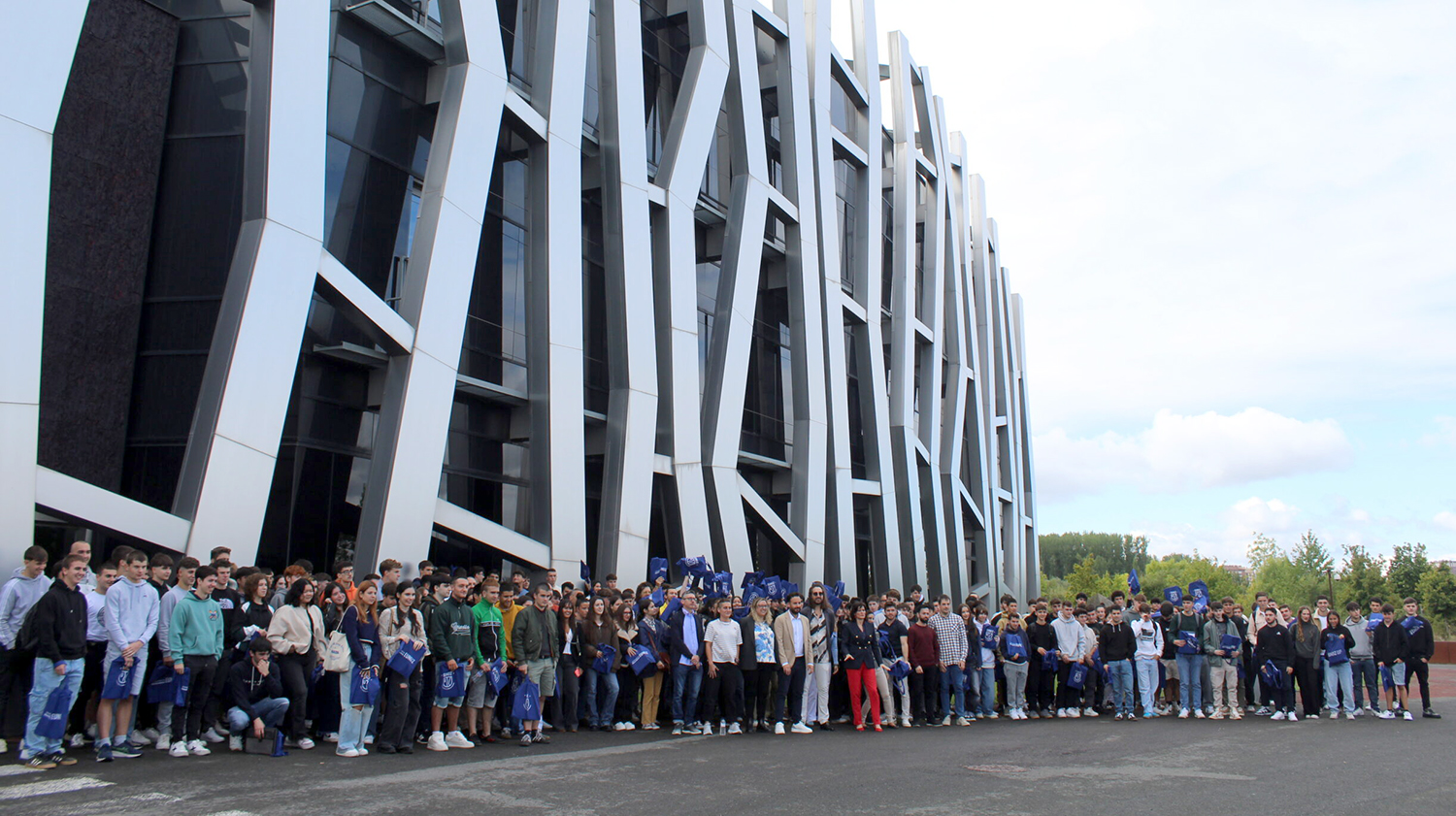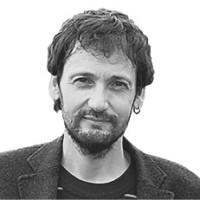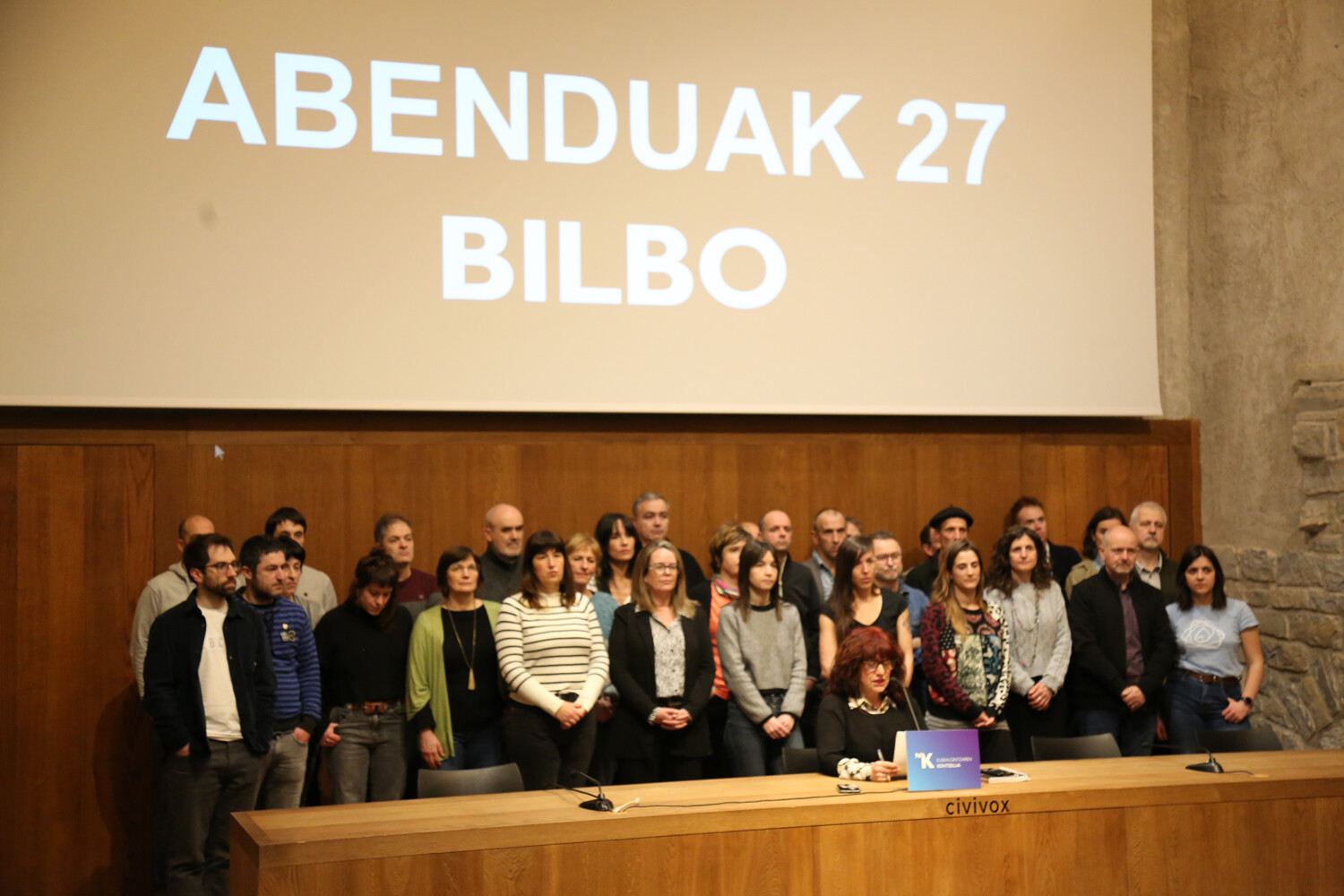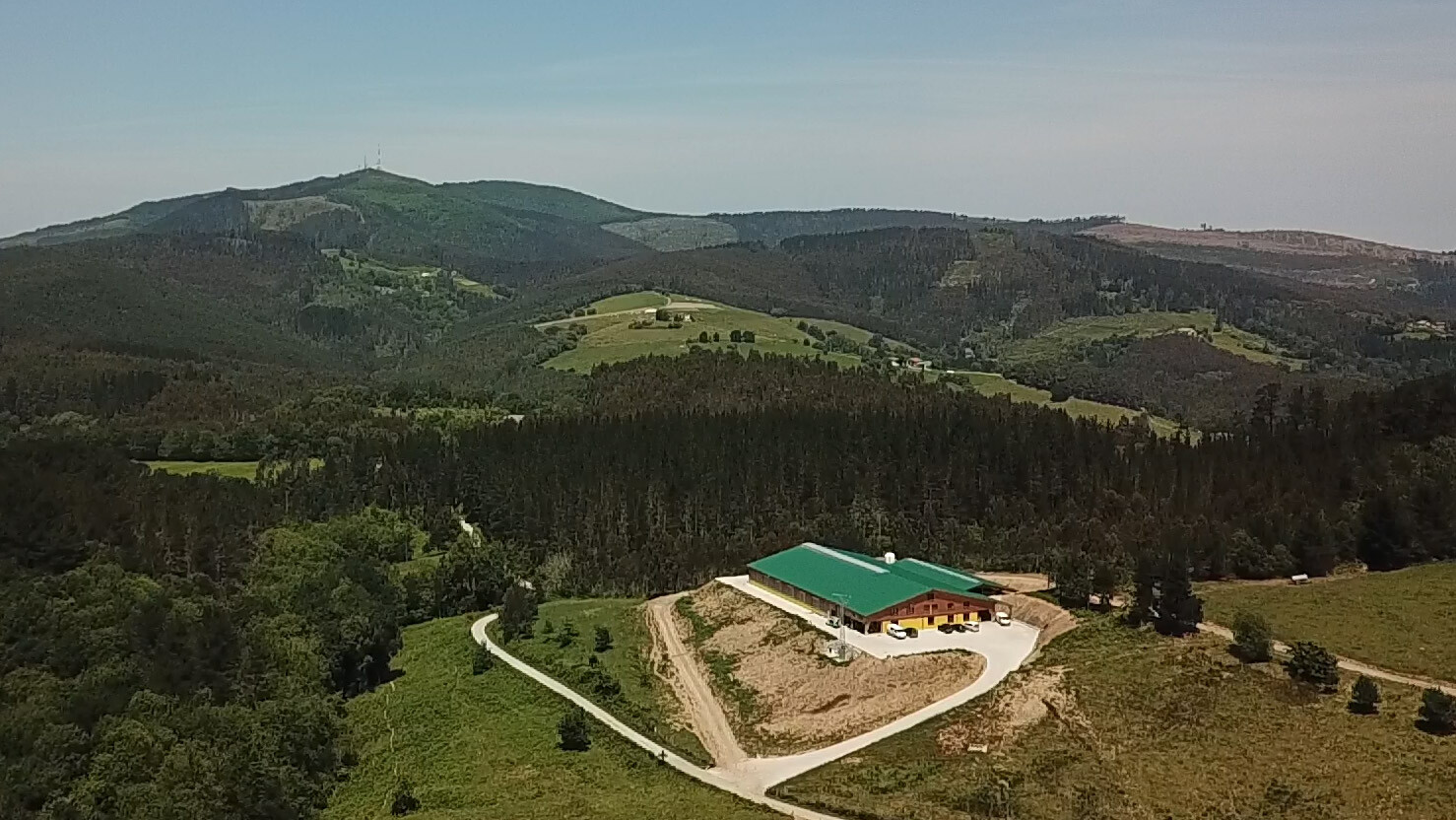A poisoned development
- The Agbogbloshie neighbourhood in Ghana has become an e-waste dump. Damaged TVs, computers and refrigerators are constantly coming in. It is in fact forbidden to transport e-waste to developing countries, but it is camouflaged as second-hand goods. Most of the devices that arrive in Ghana are taken from Europe.
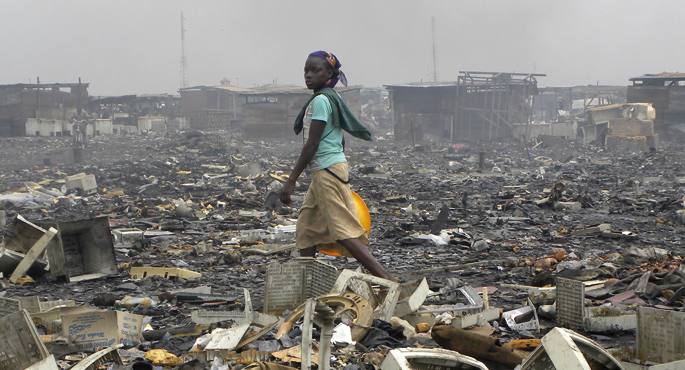
Onions are sold at the Agbogbloshie market. They arrive directly from Mali with trucks filled to the top with red onions. A market that sells onions only attracts attention. Soon, however, something else is made stranger in the eyes: the seats of the vendors. It would be normal, perhaps, to be sitting in a wooden chair, but Agbogbloshie’s vendors are placed on TV and computer screens. It's the plastic box of the screens, put it upside down, and they use it to sit down.
A little walking around the neighborhood is enough to realize that these electronic waste is the livelihood of many neighbors. Everywhere you can watch lots of TVs, videos, computers or refrigerators. Here and there, there are groups of young men sitting on the screen and smashing even more their hammer-and-chisel-broken gadgets.
They want to extract aluminum, iron and/or copper from these damaged devices. They sell them later. They all come from abroad. The Government of Ghana has an Environmental Protection Agency and John Pwamang is one of the directors of the agency: “They are also shipped from America and Canada, but due to geographical proximity 85% of the equipment comes from Europe.”
The Basel Convention, adopted in 1989, prohibits the sending of e-waste to developing countries. This treaty, which has been ratified by 170 countries, aims to prevent poor countries from becoming landfills. It is clear, however, that for many it is easy to pass the sieve of this convention. “All of these devices come designated as second-hand goods. But when we get to the port here, three out of ten are stranded, they're e-junk. While many of those that work don’t have a long life left,” says Pwamang.
We're talking about a lot of tons of waste. Mike Anane, director of the League of Environmental Journalists in Ghana, has been investigating the issue for years. Seven years ago he noticed for the first time a truck full of electronic waste on the way from the port of Tema to Agbogbloshi. According to their data, every month 500 containers filled with e-waste arrive at the port. A report by the Government of Ghana indicates that 150,000 tons of second-hand electronic equipment arrived in the country in 2009 alone. A third of it was ruined.
Most of the goods arriving in Ghana leave from the port of Rotterdam. But it is not only the Dutch devices that are shipped. Great Britain, Germany, France, Italy and Spain are also adept at exporting electronic waste. “Few countries are saved,” says Anan.
Second hand electronics
In Ghana, second-hand electronic devices are the most common. Most homes have refrigerators and televisions left behind in Europe. The Internet sites so abundant in the capital, Akkra, are dominated by deep-screen computers that have been missing for almost a long time. Mobile phones sold anywhere are often pre-owned.
Foreign companies are often the ones that import second-hand goods and sell them in the country. Ghana is also a place where local entrepreneurs go abroad in search of materials. They buy the devices to import, or sometimes they receive the donated ones to sell them later. The Government of Ghana itself encourages the importation of second-hand goods. These items do not need to pay customs fees. A 2003 law makes it clear that a good way to end the digital divide and to literacy the population in new technologies is to import the material used, since few have the means to buy new equipment.
Frank Braimah, director of operations at the Ghana Institute of Technology, does not like to import second-hand electronic components: “It seems to me that the developed countries give us their headache in giving. They don’t know what to do with electronic gadgets when they’re damaged.” The tools that come and work from abroad are quickly distributed to the hundreds of sales outlets in Ghana. There is a very complex network spread throughout the country.
However, there is no adequate infrastructure for recycling and only one destination remains for unrepairable instruments: Assisted by Agbogbloshie.
Playing with fire
With the men hitting and beating the scrap with the hammer, it smells like burnt plastic. Following the trail left by the black smoke, we can reach the landfill that is quite close to the neighborhood. It's a vast area. It is located on the banks of the Odaw River. The river that joins the Gulf of Guinea some 200 metres later stinks. The dirt is piled up everywhere. Among the dirt, pieces of mobile phones, some broken calculator, the remnant of something that had been a TV and smashed computer keyboards. A bunch of kids are making a fire. The oldest will be around 20 years old, but most are around a dozen years old. The bundles of cables, previously removed from the appliances by other workers in the neighbourhood, are burning. To give strength to the fire, they put pieces of plastic around them or the polyurethane removed from the refrigerators. What they're trying to get out is copper.
One of them is Mohamed, a 10-year-old boy. Like many others in the area, Ghana is a refugee from the north, fleeing tribal clashes. They speak the Dagbani language, which is dominated by few others in the capital.
Mohamed operates from 6 a.m. to 6 p.m. at the landfill. Take out two or three cedi a day, one and a half euros. His parents are in the north, and he lives in the city under the protection of his brother Isaac. His brother is 15 years old. Neither of us goes to school. The health of landlords is at risk. Mike Anan has visited them often. “Those in the landfill are in constant contact with harmful chemical waste. The devices they handle contain toxic components such as lead, mercury and cadmium.” Lead causes a lot of damage to the development of children, especially the brain. It also directly affects the nervous system and the regeneration apparatus. “In addition, they use fire to burn the plastic and get the copper that the cables have inside. During this burning, a large amount of dioxins and toxic fumes are released, which are inhaled directly by those who circulate in it,” says Anan alarmed.
We asked Ettsi, who works in the landfill, if he knows the risks to his health from the work he is doing. “You have to get away from the path that the smoke takes so you don’t breathe dirt. If you’re careful with that, that’s enough,” he says convincingly. Some of the few seem to have had health problems, but he doesn’t seem too worried. It is clear that monitoring the direction of the smoke is not enough. Mike Anan has found a lot of trouble among these kids. “I’ve seen kids cough and bleed. A lot of them have breathing problems.” A study by the environmental group Greenpeace in Agbogbloshie has shown that the level of pollution in the soil is very high. Lead, mercury and cadmium have been detected well above the permitted levels. They are all elements that come from electronic devices.
Mike Anane is concerned about those who operate in the landfill, but insists that this contamination not only affects them. “When it rains, these metals leak out. Everyone goes to the river and the sea is there. We Ghanaians eat fish from that sea and these heavy metals end up in our body.”
Lack of control
The need to tighten control measures to deal with the situation is clear. Inside the country, and outside it, the task is in both. The Environmental Protection Agency has issued a request to the Ghanaian parliament to regulate the import of second-hand goods. According to John Pwamang, head of the agency, “there is no law that regulates these imports, which leaves open the way to fraud. We have to start tightening the rules within the country to close the door to the devices that come in ruins.” Implementing the Basel Convention, according to Mike Anane, is the first step in tackling the problem. It is clear that there are criminal responsibilities behind all of this: “Interpol should closely monitor who sends these electronic waste. A lot of people get sick from e-waste. Those responsible must be stopped.”
Some arrests have already been made in Great Britain and the Netherlands. Pwamang says that local authorities are cooperating with the Government of Ghana: “They ask us for information about the damaged goods we detect. They tell us that if they get data about the carrier, they can more easily intercept shipments that involve e-waste in the next ones.” Pwamang, however, understands that in large ports such as Rotterdam, it is not possible to inspect every container. Anane doesn't agree with that. In their view, it is the countries that export electronic waste that should be subject to stricter controls: “You can’t ask a developing country to fill ports with agents. The Government of Ghana has other priorities for spending its resources.” The European authorities do not, in their view, do enough.
Along with control, education is seen by experts as a vital part of tackling the problem. Not only among those who handle waste, but education must be extended to all citizens. And by the way, the responsibility should also extend to companies that manufacture electronic components. Frank Braimah says these companies should put in place collection systems, “giving consumers some compensation for the delivery of damaged appliances. For Anane, the following companies are hungry for unbridled profits: “There is programmed obsolescence behind everything. They put an expiration date on the device so that it stops working in a short time and the consumer can buy a new one soon.”
Toki erakargarria da Ghana e-zaborra pilatzeko. Aspaldiko urteetan egoera politiko egonkorra du eta horrek ahalbidetu du Europa zein Amerikako herrialde askorekin hartu-eman ekonomiko ugari izatea.
Akkra hiriburutik oso gertu dagoen Temako portua da merkantziak garraiatzeko gune nagusia. Bizia da bertako mugimendua, eta horrek errazago egiten du hondatutako aparailu elektronikoen garraioa. John Pwamangek hala ikusten du, behintzat: “Errazagoa da ontzien joan-etorria etengabea denean, mugimendu gutxi dagoen portuan baino. Legezko merkantziaren alboan errazago sartzen da legez kanpokoa”. Bigarren eskuko gailu elektriko eta elektronikoen kontsumitzaile amorratua da, gainera, Ghana. Herritarren erdia pobrezia langaren azpian bizi bada ere, beste erdiak badu bigarren eskuko telebista edo hozkailua erosteko adina baliabide.
E-zaborra, dena den, ez da soilik Ghanako arazoa. Antzeko helmuga ugari aurkitu dituzte hondakin elektronikoak euren herrialdeetatik atera nahi dituztenek. Afrika mendebaldetik irten gabe, Nigerian antzekoa da arazoa.
Basel Action Network taldeak –Basileako Konbentzioa betetzearen alde lanean ari denak– eta Greenpeacek orain urte batzuk egindako lehen peskizetan, Txina eta Indian atzeman zituzten hondakin elektronikoen zabortegiak. Gerora Afrikako eta Latinoamerikako dozenaka herrialdetan aurkitu dituzte antzeko egoerak.
Linear A is a Minoan script used 4,800-4,500 years ago. Recently, in the famous Knossos Palace in Crete, a special ivory object has been discovered, which was probably used as a ceremonial scepter. The object has two inscriptions; one on the handle is shorter and, like most of... [+]
Londres, 1944. Dorothy izeneko emakume bati argazkiak atera zizkioten Waterloo zubian soldatze lanak egiten ari zela. Dorothyri buruz izena beste daturik ez daukagu, baina duela hamar urte arte hori ere ez genekien. Argazki sorta 2015ean topatu zuen Christine Wall... [+]
Gozamen aparta bezain deskribatzeko zaila dakar, norbaiten hitzak irakurri edo entzun ostean, zera pentsatzeak: “Horixe zen neu aurreko hartan azaltzen saiatu nintzena!”. Idazlea eta itzultzailea da María Reimóndez, eta galegoz aritzen da, hizkuntza... [+]
The writer Juan Bautista Bilbao Batxi worked in a boat and sent the chronicles of his travels to the newspaper Euzkadi. Thanks to this, we have interesting chronicles in Basque from around the world from the beginning of the 20th century. In June 1915, he made his stop in... [+]
Segurtasun falta dagoen irudipena handitu dela azaldu du Eustaten azken txostenak. Gurean, Trapagaranen, Segurtasuna orain, delinkuenteen aurka manifestaziora deitu dute herritar batzuek.
Bi izan dira sentsazio hori zabaltzeko arrazoiak. Batetik, udalak Udaltzaingoaren... [+]
Haurtzaroaren amaiera eleberri distopikoa idatzi zuen Arthur Clarkek, 1953. urtean: jolasteari utzi dion gizarte baten deskribapena. Eta ez al da bereziki haurtzaroa jolasteko garaia? Jolasteko, harritzeko, ikusmiratzeko eta galdera biziak egiteko unea. Ulertzeko tartea zabalik... [+]
There are those who subscribe to portals to sell their homes because they would like to buy a house. From time to time they even make appointments to see the houses, and I am sure that the seller knows that these people will not buy the house, not because they find it in the... [+]














